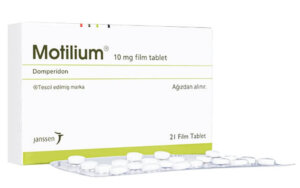 Millions of people across the globe struggle with Irritable Bowel Syndrome (IBS) and Gastroesophageal Reflux Disease (GERD) and seek relief from its persistent and often debilitating symptoms. This article sheds some light on these conditions and the best ways of handling IBS and GERD, focusing on managing the symptoms and reducing the discomfort levels.
Millions of people across the globe struggle with Irritable Bowel Syndrome (IBS) and Gastroesophageal Reflux Disease (GERD) and seek relief from its persistent and often debilitating symptoms. This article sheds some light on these conditions and the best ways of handling IBS and GERD, focusing on managing the symptoms and reducing the discomfort levels.

Five common misbeliefs about COVID-19 and vaccines
Do people let false claims about health issues get in their way? It is quite disturbing to learn that reliable
Read More »















